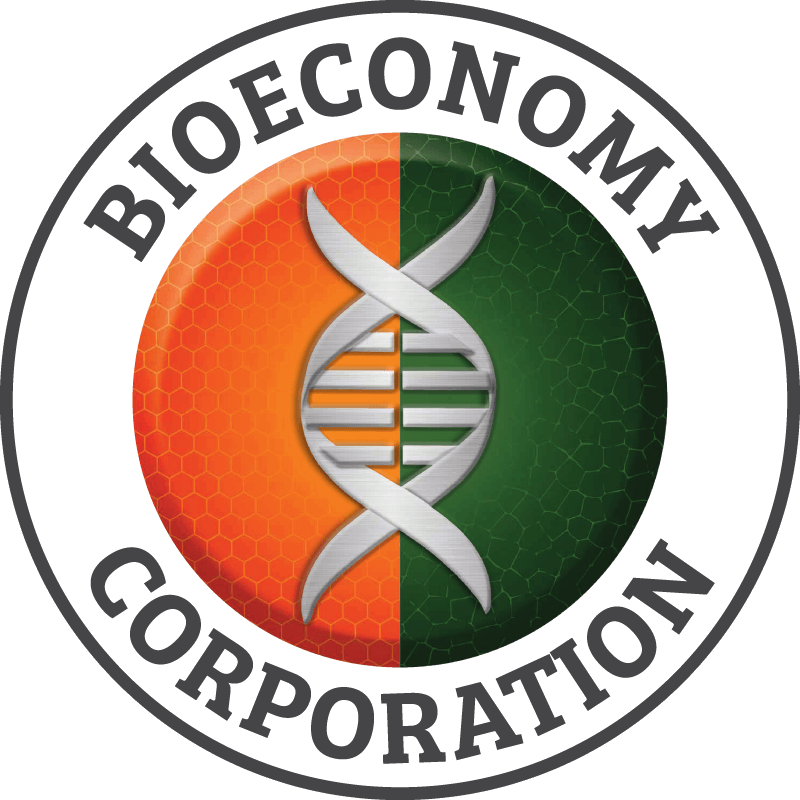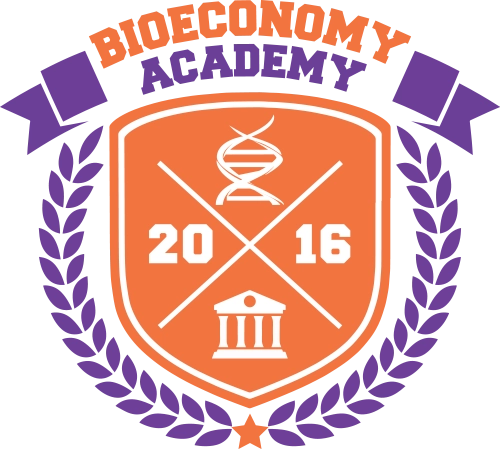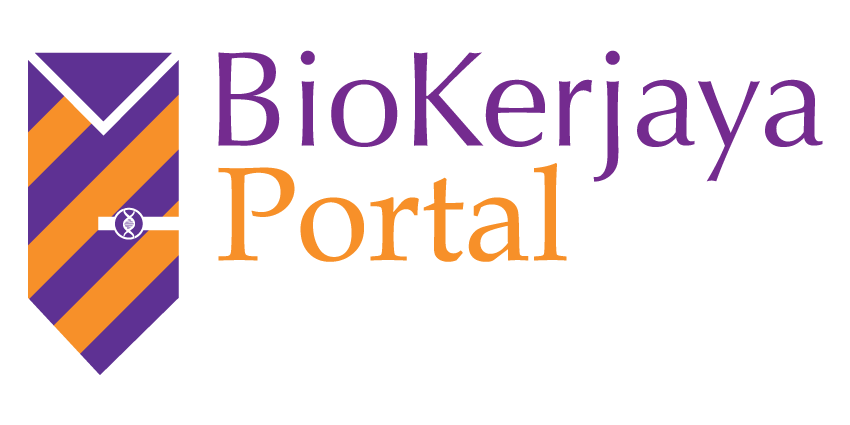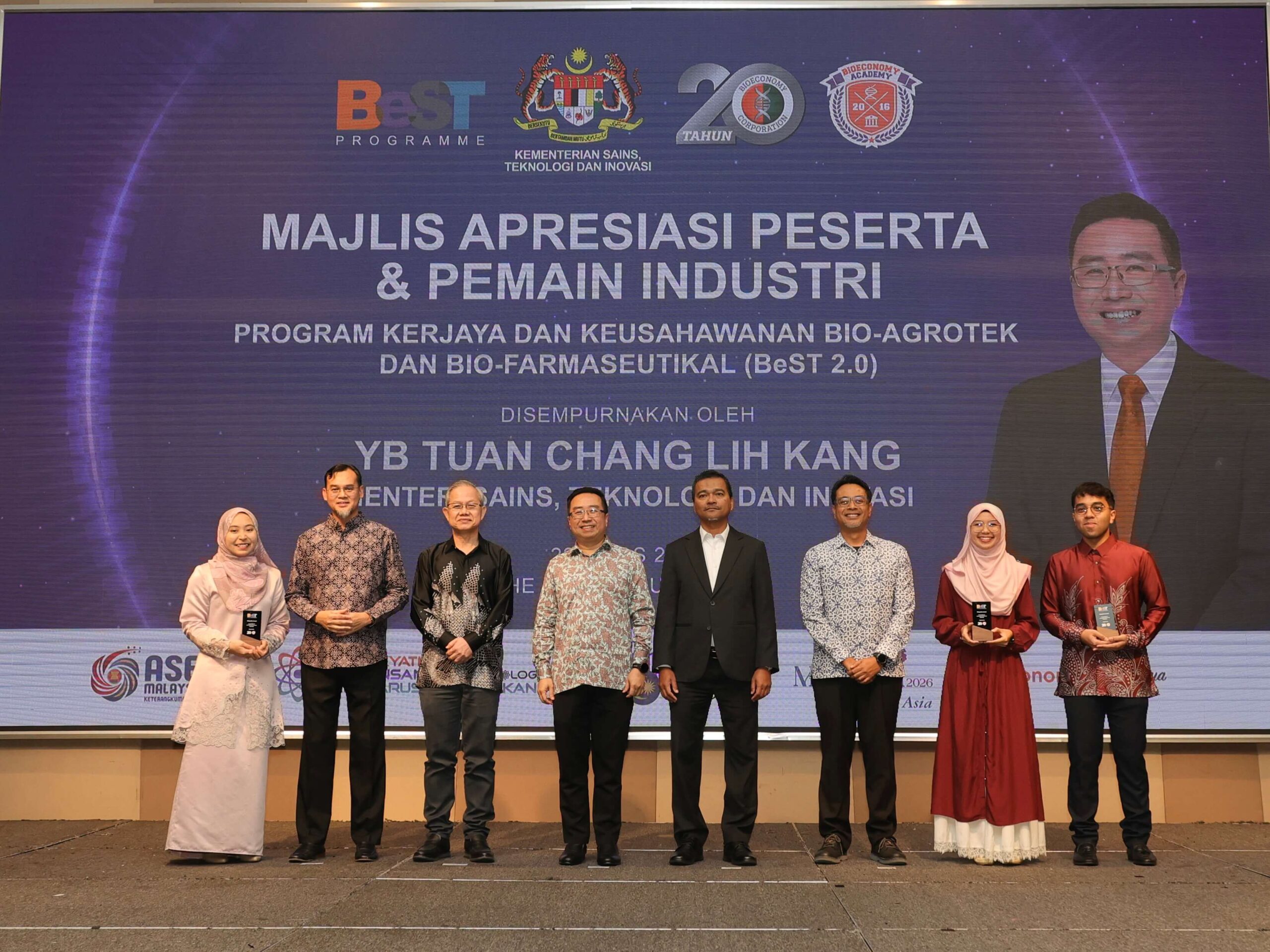Putrajaya, 23 August 2025 – Malaysia’s efforts to nurture young talents in biotechnology and the bio-based economy continue to show remarkable results. The BioAgrotech & BioPharmaceutical Employability and Entrepreneurship Specialised Talents Programme 2.0 (BeST 2.0), spearheaded by the Malaysian Bioeconomy Development Corporation (Bioeconomy Corporation) under the Ministry of Science, Technology and Innovation (MOSTI), has exceeded its initial target of 400 graduates set under the 12th Malaysia Plan (RMK-12).
To date, 512 out of 561 graduates trained under BeST 2.0 — representing 91% — have secured employment with 92 biotechnology and bio-based companies. Over 200 companies have registered as host employers, offering more than 1,900 job opportunities. Since its launch in 2021, BeST 2.0 has proven to be an effective platform for producing skilled talents in Science, Technology and Innovation (STI) to meet industry demand.
According to the Minister of Science, Technology and Innovation, YB Chang Lih Kang, BeST 2.0 has delivered significant impact in building Malaysia’s talent ecosystem.
“BeST 2.0 demonstrates that we can produce an STI workforce that not only meets industry requirements but also drives the growth of biotechnology and the bioeconomy. Since the first BeST 1.0 programme in 2007, a total of over 3,000 graduates have undergone this training, making it a vital contributor in shaping a new generation of skilled professionals for the nation,” he said during the BeST 2.0 Participants and Industry Appreciation Ceremony in Putrajaya on 22 August 2025.
The Minister also highlighted how the programme completes the nation’s STI talent pipeline. “From Malaysia Techlympics, which sparks science interest at school level, to STI 100³ that brings students closer to technology, and now BeST 2.0 which connects graduates to industry careers — we are building a clear ecosystem that takes talent from curiosity, to knowledge, and finally to careers. This is how we realise the aspirations of Malaysia MADANI and a STI-driven economy,” he added.
BeST 2.0 also plays a role in nurturing entrepreneurship. To date, 19 graduates have chosen the entrepreneurial route through the Bioentrepreneurship Graduate Accelerator (BioeGAP), focusing on developing bio-entrepreneurs via contract farming with the support and guidance of industry players.
Chairman of Bioeconomy Corporation, Dato’ Dr Lee Boon Chye, shared that for 2025, BeST 2.0 targets 80 graduates for industry placements.
“As of now, 91 graduates have joined the programme with 37 host companies, including 9 who have embarked on entrepreneurship to build start-ups supported by buy-back agreements with host companies. This shows how BeST 2.0 is not only producing job-ready talent but also fostering new business ventures,” he explained.
Dr Lee further emphasised the need to keep the programme aligned with evolving industry demands.
“To maintain BeST 2.0’s relevance and impact, we must expand into emerging biotechnology subsectors involving Artificial Intelligence (AI), Augmented Reality (AR), Virtual Reality (VR), and Green Energy Technologies. We are also developing a graduate and industry trends database to strengthen and refine our training modules,” he said.
He also highlighted plans to strengthen the Biokerjaya portal, launched by MOSTI in 2023, as a primary platform for job matching. Collaborations with industry, universities, and TVET institutions will also be deepened, alongside the expansion of micro-credential programmes to meet the latest industry requirements.
### END ###





